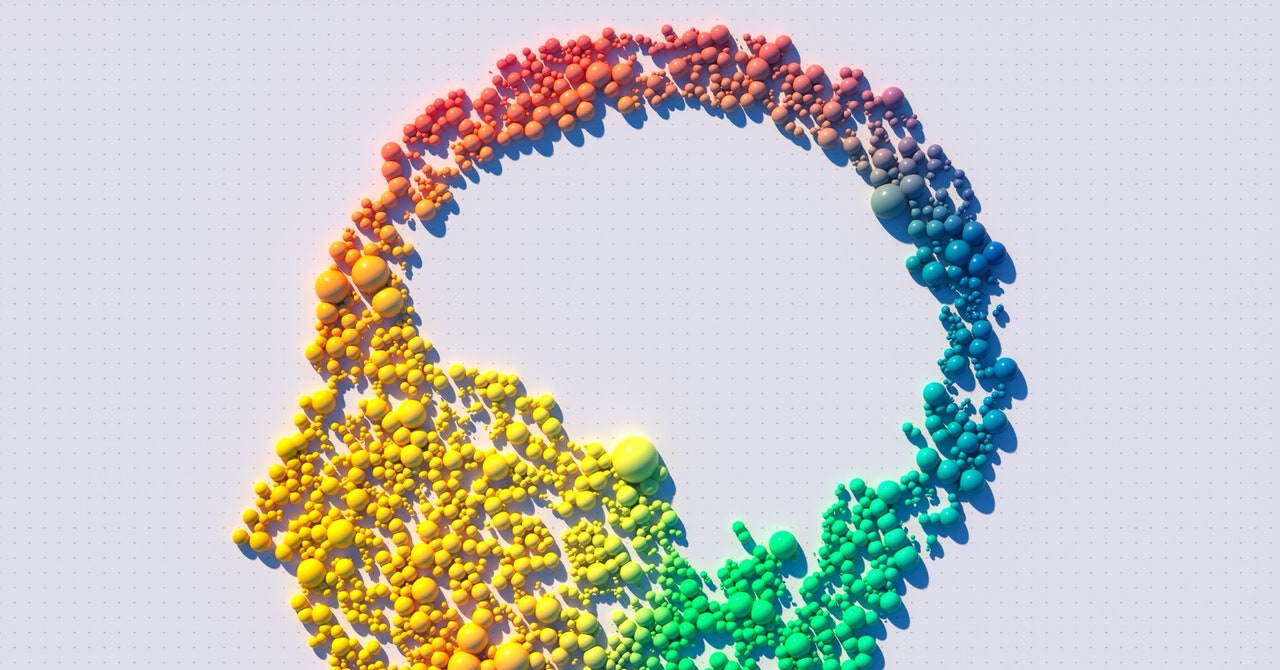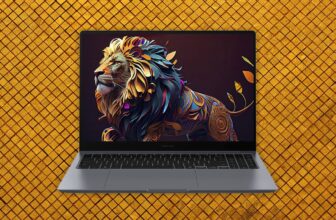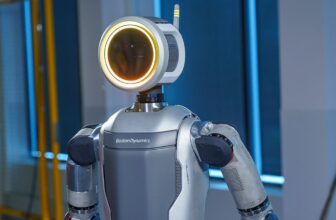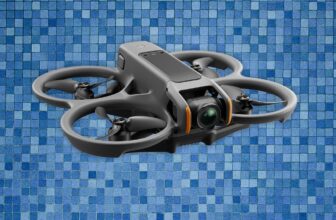
Making these instruments work collectively will probably be key to this idea taking off, says Leo Gebbie, an analyst who covers related units at CCS Perception. “Moderately than having that type of disjointed expertise the place sure apps are utilizing AI in sure methods, you need AI to be that overarching software that while you need to pull up something from any app, any expertise, any content material, you will have the rapid skill to go looking throughout all of these issues.”
When the items slot collectively, the concept appears like a dream. Think about having the ability to ask your digital assistant, “Hey who was that bloke I talked to final week who had the actually good ramen recipe?” after which have it spit up a reputation, a recap of the dialog, and a spot to search out all of the substances.
“For individuals like me who do not keep in mind something and have to put in writing all the pieces down, that is going to be nice,” Moorhead says.
And there’s additionally the fragile matter of maintaining all that private data personal.
“If you concentrate on it for a half second, an important exhausting downside is not recording or transcribing, it is fixing the privateness downside,” Gruber says. “If we begin getting reminiscence apps or recall apps or no matter, then we’ll want this concept of consent extra broadly understood.”
Regardless of his personal enthusiasm for the concept of private assistants, Gruber says there is a threat of individuals being a little bit too keen to let their AI assistant assist with (and monitor) all the pieces. He advocates for encrypted, personal providers that are not linked to a cloud service—or if they’re, one that’s solely accessible with an encryption key that is held on a person’s machine. The chance, Gruber says, is a type of Fb-ification of AI assistants, the place customers are lured in by the convenience of use, however stay largely unaware of the privateness penalties till later.
“Shoppers needs to be advised to bristle,” Gruber says. “They need to be advised to be very, very suspicious of issues that appear to be this already, and really feel the creep issue.”
Your telephone is already siphoning all the info it may get from you, out of your location to your grocery purchasing habits to which Instagram accounts you double-tap probably the most. To not point out that traditionally, individuals have tended to prioritize comfort over safety when embracing new applied sciences.
“The hurdles and boundaries listed here are most likely loads decrease than individuals suppose they’re,” Gebbie says. “We’ve seen the velocity at which individuals will undertake and embrace expertise that can make their lives simpler.”
That’s as a result of there’s an actual potential upside right here too. Getting to really work together with and profit from all that collected information might even take a few of the sting out of years of snooping by app and machine makers.
“In case your telephone is already taking this information, and presently it’s all simply being harvested and used to in the end serve you adverts, is it useful that you simply’d truly get a component of usefulness again from this?” Gebbie says. “You’re additionally going to get the power to faucet into that information and get these helpful metrics. Perhaps that’s going to be a genuinely helpful factor.”
That’s type of like being handed an umbrella after somebody simply stole all of your garments, but when firms can stick the touchdown and make these AI assistants work, then the dialog round information assortment might bend extra towards find out how to do it responsibly and in a approach that gives actual utility.
It is not a wonderfully rosy future, as a result of we nonetheless must belief the businesses that in the end resolve what elements of our digitally collated lives appear related. Reminiscence could also be a basic a part of cognition, however the subsequent step past that’s intentionality. It’s one factor for AI to recollect all the pieces we do, however one other for it to resolve which data is vital to us later.
“We will get a lot energy, a lot profit from a private AI,” Gruber says. However, he cautions, “the upside is so big that it needs to be morally compelling that we get the best one, that we get one which’s privateness protected and safe and finished proper. Please, that is our shot at it. If it is simply finished the free, not personal approach, we’ll lose the once-in-a-lifetime alternative to do that the best approach.”







